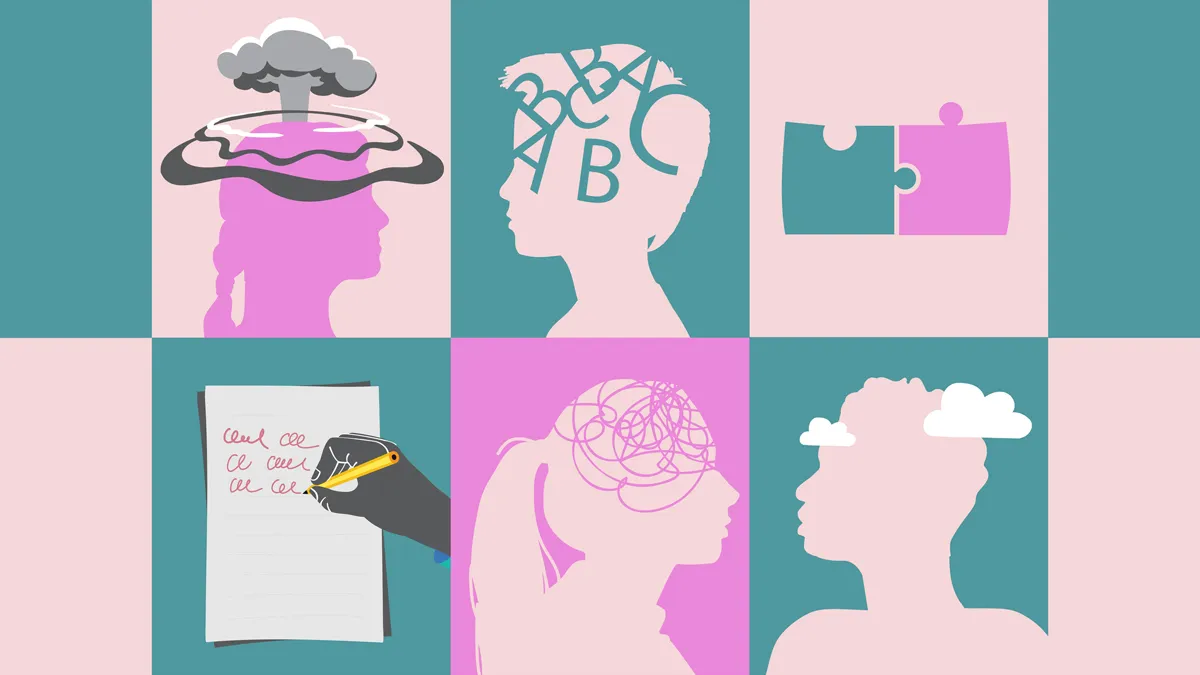Addressing ADHD Drug Shortages with Technology for Mental Health

Understanding ADHD Drug Shortages
ADHD medication shortages have become a pressing issue in the UK, drastically affecting mental health outcomes for numerous patients. The steep rise in prescriptions, from 80,800 in 2015/16 to 278,000 last year, exemplifies this growing challenge.
Impact on the Neurodiverse Workforce
The significant increase in ADHD diagnoses and subsequent treatment demands has placed an even greater burden on the neurodiverse workforce. Many individuals depend on regular access to their prescribed medications to thrive in professional and personal settings.
Technological Solutions for Support
- Implementing accessible technology platforms that facilitate Therapeutic Cognitive Behavioral Therapy (CBT) can greatly enhance treatment options.
- Healthcare providers can leverage digital tools to monitor prescription availability and streamline patient support.
- Encouraging patient engagement via apps could aid in managing expectations and improving accessibility to needed resources.
Conclusion: A Call for Action
Overall, addressing ADHD drug shortages requires a collaborative effort between healthcare providers, patients, and technology innovators. By prioritizing mental health and leveraging technological advancements, we can better support those affected by this pressing health crisis.
Disclaimer: The information provided on this site is for informational purposes only and is not intended as medical advice. We are not responsible for any actions taken based on the content of this site. Always consult a qualified healthcare provider for medical advice, diagnosis, and treatment. We source our news from reputable sources and provide links to the original articles. We do not endorse or assume responsibility for the accuracy of the information contained in external sources.
This article was prepared using information from open sources in accordance with the principles of Ethical Policy. The editorial team is not responsible for absolute accuracy, as it relies on data from the sources referenced.